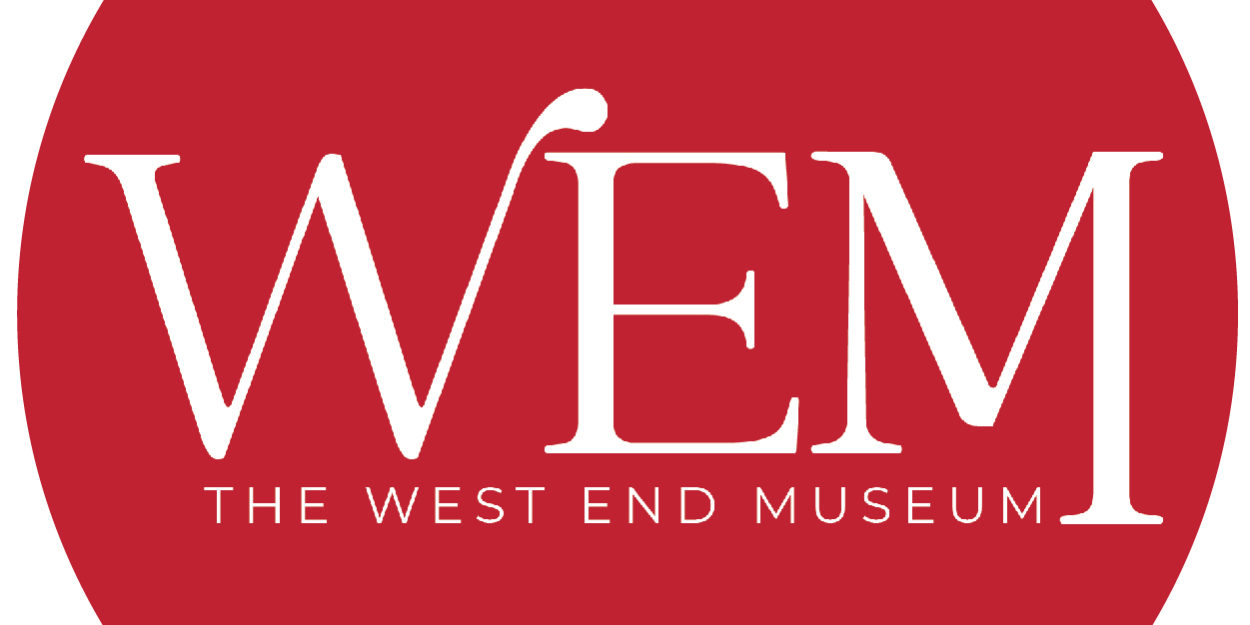New Exhibit Pays Tribute to Elizabeth Peabody House
Surveys History & Prominence of one of Boston's First Settlement Houses
Boston, MA—On Tuesday, May 20, The West End Museum will premiere a new exhibit, The Elizabeth Peabody House, in the Members’ Gallery. The exhibit showcases this treasured social service institution of the West End that has served immigrant families for generations, providing spaces for education, recreation and more. The opening reception takes place at 6:30 p.m. on May 20, and the show runs through Saturday, July 19. The reception and show are free and open to the public. (Media note: Downloadable show-related images appear here.)
The exhibit surveys the history and prominence of The Elizabeth Peabody House, one of Boston’s first settlement houses. Original schedules and annual reports detailing the institution’s programs will be on display as well as photographs of its most beloved clubs—including its nationally recognized science club—and its important social service work, which included the country’s first pasteurized milk stations and a free school lunch program. The show emphasizes the particular sympathy and progressive ideology of the settlement workers, and the impact that the workers and the immigrants had on one another.
The Peabody House was established in 1896 in Boston’s West End and named for Elizabeth Palmer Peabody (1804-1894)—a writer, intellectual and activist who rallied against slavery, championed women’s rights, led educational reform and opened the first English-speaking kindergarten in the U.S. in 1860. The settlement house focused largely on children’s issues and continuing Peabody’s work in early childhood education. No less important, it uplifted and educated the immigrants in one of Boston’s most congested neighborhoods. In 1912, the Peabody House moved into a newly constructed, seven-story building that housed a kindergarten, library, community theater and gym.
Leonard Nimoy, an alumna of Peabody Houses’ theater club, remembers the settlement house fondly. “To put it simply, The Elizabeth Peabody House was a blessing. Programs were offered in sports, theatre and science as well as classes of all kinds to help immigrants find their way into the American culture,” Nimoy said. “My brother was active in the science lab and became an MIT graduate and a chemical engineer. I was drawn to the theater program and it set me on a path, which became my life’s work.”
Today, the Peabody House is located in Somerville, where many families relocated after the “urban renewal” that razed the Old West End. The organization continues its mission to support Greater Boston’s immigrant communities, helping families to reach their full potential by providing early childhood education, youth enrichment opportunities and family support services.
Media Contact:
Matt Ellis
matt@ellisstrategies.com
617.278.6560
Museum Contact:
Duane Lucia
westendmuseum@gmail.com
617.416.0718
About the West End Museum:
The West End Museum is dedicated to the collection, preservation and interpretation of the history and culture of the West End neighborhood. The Museum’s permanent exhibit, “The Last Tenement,” highlights the immigrant history of the neighborhood through its decimation under Urban Renewal in 1959; two additional galleries feature rotating exhibits. The Museum is located near North Station at 150 Staniford St. Suite 7. Hours: Tuesday – Friday 12:00pm – 5:00pm; Saturday 11:00am – 4:00pm. Admission is free.


